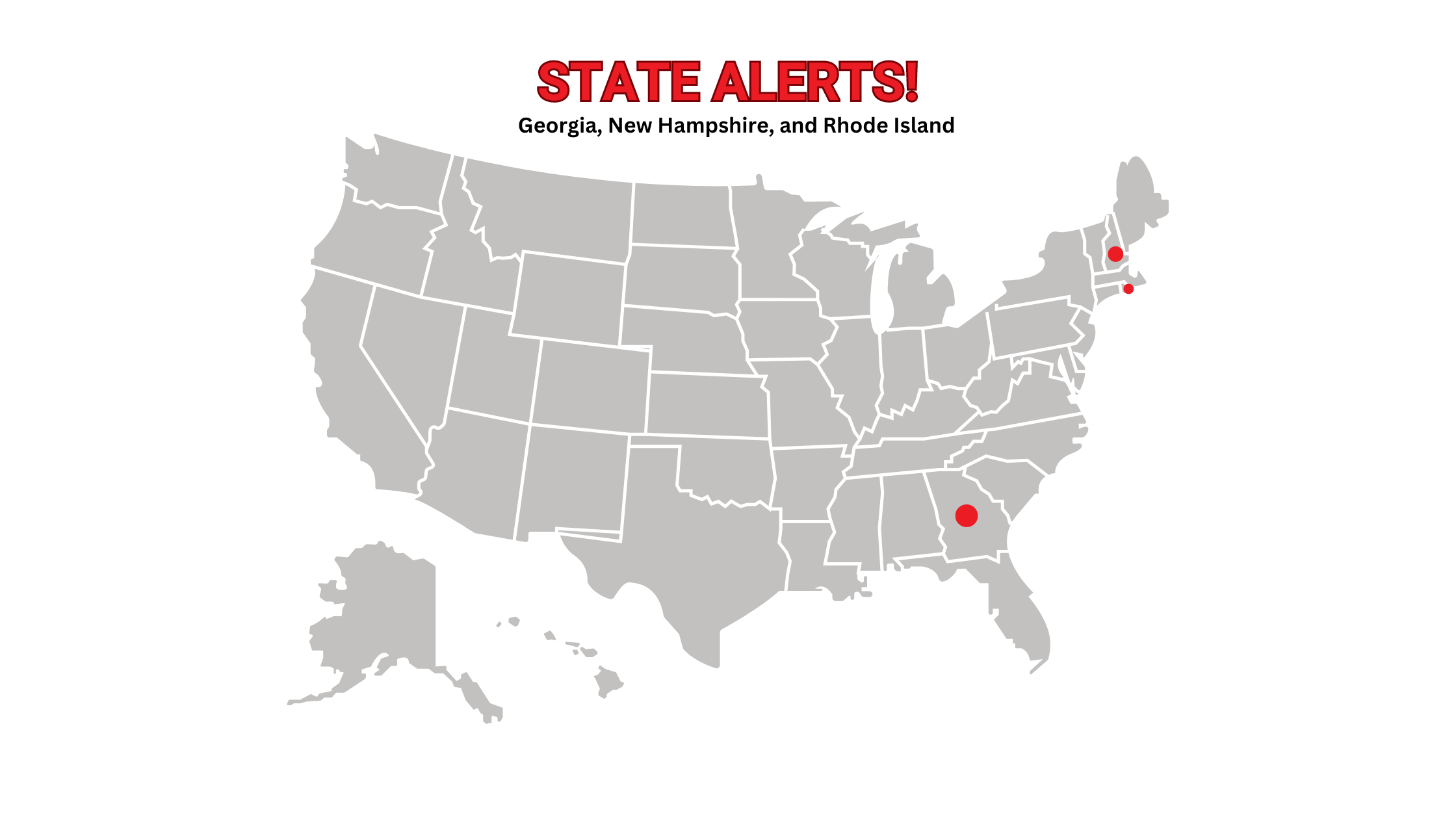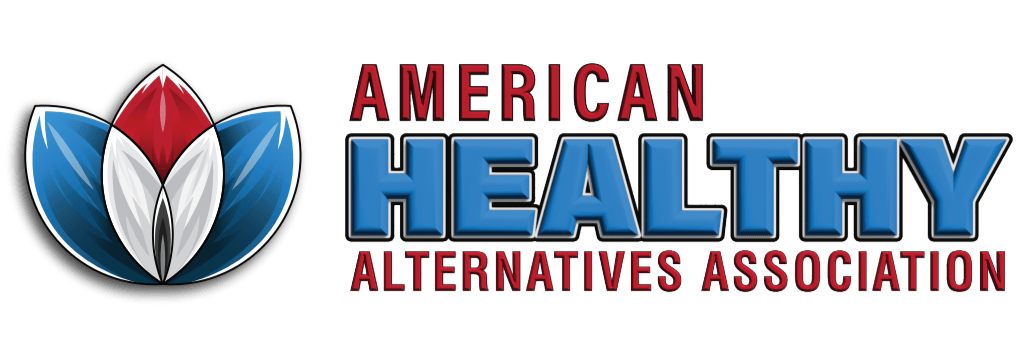
Hemp Legislation Updates: Key Changes in Georgia, New Hampshire, and Rhode Island
Stay informed and take action today! The latest hemp legislation updates from Georgia, New Hampshire, and Rhode Island are here to keep you in the loop on essential changes affecting hemp regulations and THC limits.
Georgia
Earlier this month, the Georgia Department of Agriculture proposed significant changes to the existing hemp rules, introducing new regulations for consumable hemp products. While some amendments are minor, the new rule is comprehensive and imposes the following THC limits:
- Gummies: No more than 10mg of total delta-9-THC per serving or 150mg per package.
- Beverages: No more than 5mg of total delta-9-THC per serving, with only one serving per container (12 fluid ounces total).
- Topicals: No more than 1,000mg of total delta-9-THC per package.
- Tinctures: No more than 1mg of total delta-9-THC per serving, with a maximum of 10 fluid ounces per container (2 fluid ounces per serving).
This new rule appears to conflict with Georgia SB 494, enacted earlier this year, which limits consumable hemp products to 0.3% total delta-9-THC but does not set per-serving or per-package limits.
New Hampshire
New Hampshire is also making strides in hemp regulation. The state has introduced new rules that took effect this week, focusing on consumable hemp product limits:
- THC Limits: Consumable hemp products are now limited to 1mg of total THC per serving, 5mg of total THC per package, and 0.3% total THC on a dry weight basis.
This update conflicts with the previous rule, which only used a 0.3% delta-9 THC limit, and with New Hampshire’s Hemp Growth Act, which continues to define “hemp” using a 0.3% delta-9 THC standard. Stay tuned for further updates as we navigate these changes.
Rhode Island
Rhode Island has implemented substantial changes to its hemp laws. The new regulations include:
- THC Limits: Consumable hemp products are now restricted to 1mg of total THC per serving and 5mg of total THC per package, maintaining a 0.3% total THC limit on a dry weight basis.
- Inhalable Products: Now treated as consumable products.
- Cannabinoid Conversion: Converting CBD into delta-9 THC or any other cannabinoid is prohibited unless approved by the state Department of Business Regulation.
These changes present a significant shift from the previous standards and may impact producers and consumers alike. A detailed comparison document of all rule changes is available for those seeking more information.
Take Action: Stay Engaged and Informed
Your involvement is crucial in shaping the future of hemp legislation. Together, we can advocate for fair and effective hemp laws that benefit everyone.
Stay informed, stay engaged, and let’s make a difference in the hemp industry today.
Sources: Hemp Rountable



